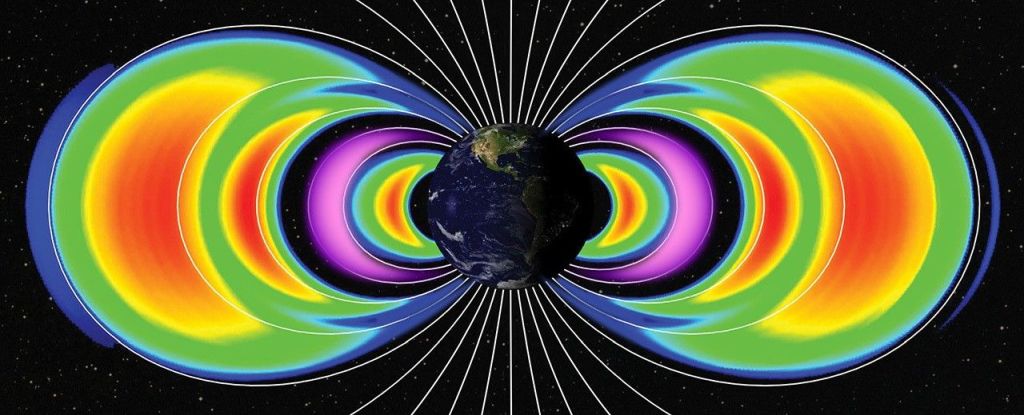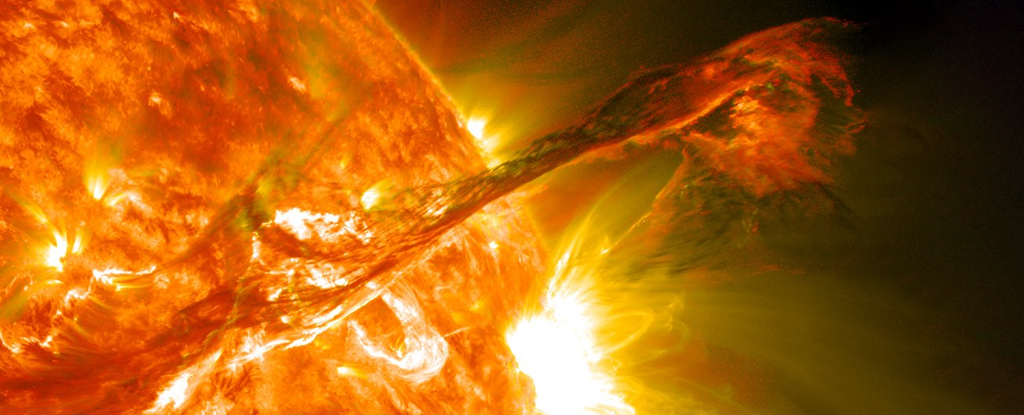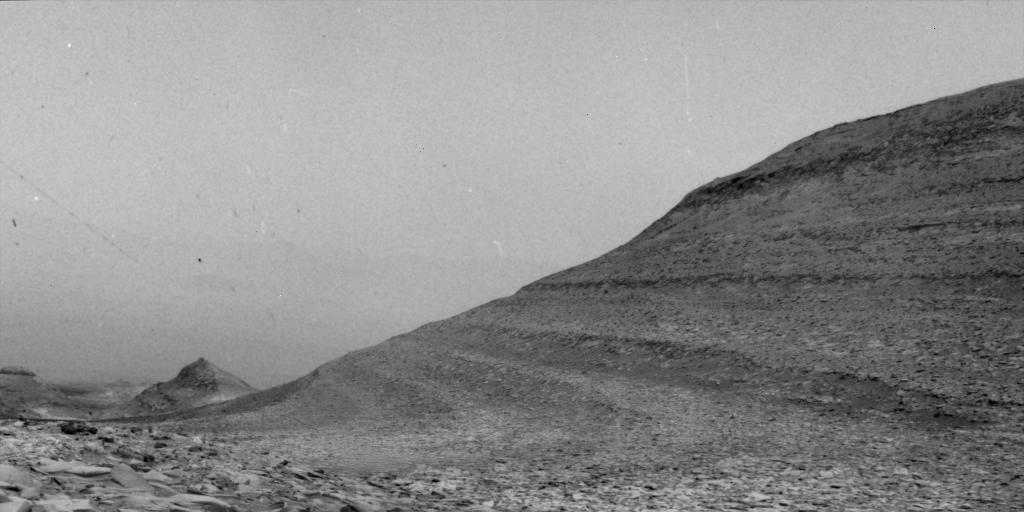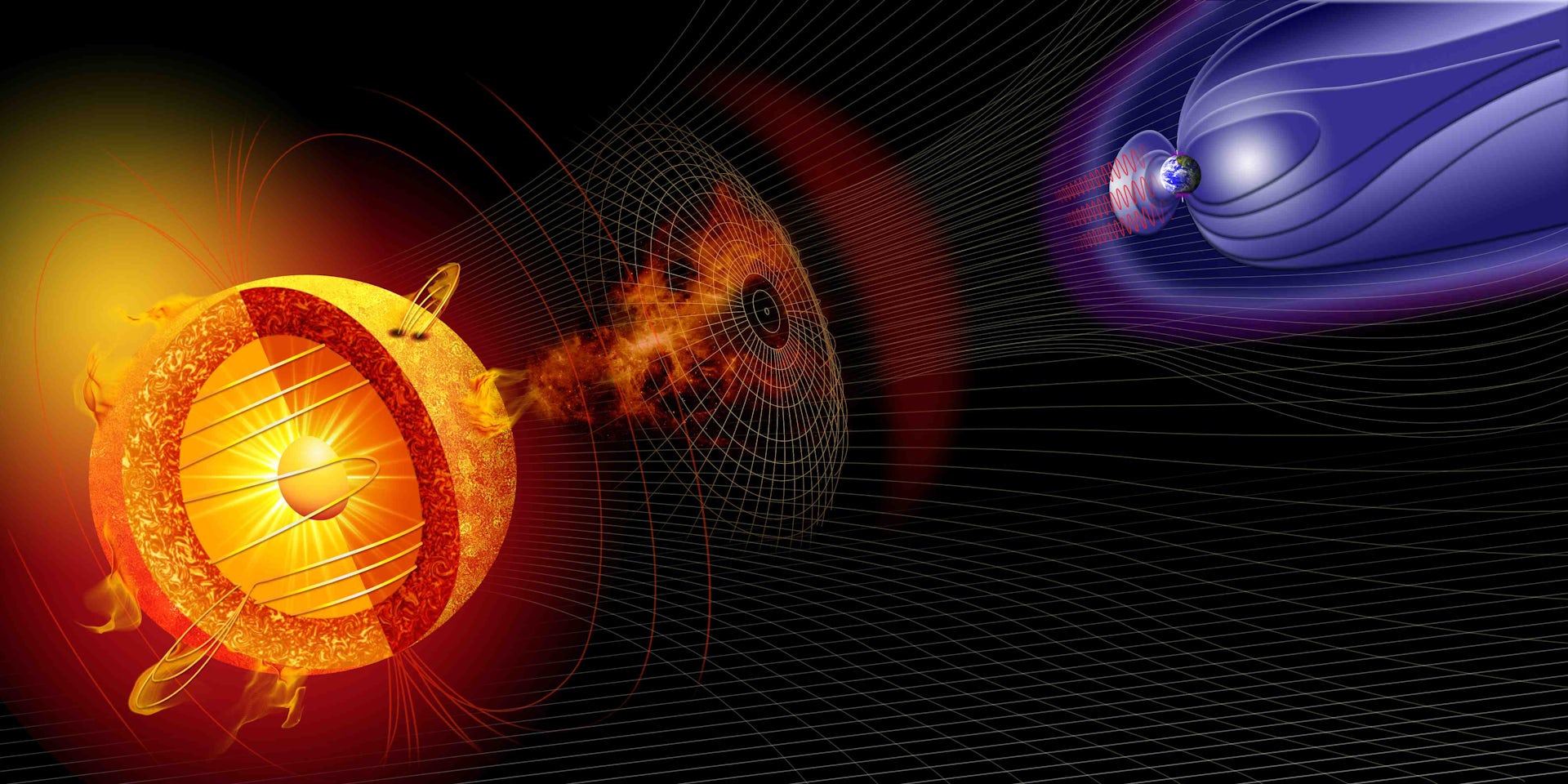
Astronomers have detected a storm on a star other than our Sun for the first time, discovering an explosion so violent it could have stripped away the atmosphere of any planets unlucky enough to be nearby.

New research uncovers the strongest solar event ever detected - rewriting our understanding of space weather and radiocarbon dating.

In the months following massive solar storm in May, 2024, Earth was girded by two new, temporary radiation belts of high-energy particles, trapped by the planet's magnetic field.

Extreme solar storms could spell disaster for our highly technological society because they have the potential to damage satellites and bring down communications networks and global electricity grids.

In addition to producing auroras, a recent extreme storm provided more detail on how much radiation future astronauts could encounter on the Red Planet.

A solar storm that filled Earth's skies with shimmering curtains of light in May 2024 was so intense that its effects were felt, even at the bottom of the ocean.

The same geomagnetic storms causing the auroras can cause havoc with our planet’s human-made infrastructure.

A similar solar storm today would be catastrophic for modern technological society—potentially wiping out telecommunications and satellite systems, causing massive electricity grid blackouts, and costing us billions of pounds.

The model uses AI to analyze spacecraft measurements of the solar wind and predict where an impending solar storm will strike, anywhere on Earth, with 30 minutes of warning. This could provide just enough time to prepare for these storms.

A giant 'hole' has appeared on the surface of the Sun, and it could send 1.8 million-mph solar winds toward Earth by Friday.

A massive eruption of solar material, known as a coronal mass ejection or CME, was detected escaping from the Sun at 11:36 p.m. EDT on March 12, 2023. Even though the CME erupted from the opposite side of the Sun, its impacts were felt at Earth.

An extreme form of solar storm, known as a solar proton event (SPE) struck our planet in 660 BCE. If an event of such magnitude were to happen today, it would likely wreak havoc on our technological infrastructure.
Eight days after its historic landing on the far side of the Moon, China’s Chang’e 4 lander has captured its first panoramic image.

The international research team found that magnetic field reversals could happen much more rapidly than the thousands of years previously thought to be needed.

As the Earth's magnetic field begins to calm after several days of intense geomagnetic activity, the NOAA has announced that we experienced the largest solar radiation storm since 2003.